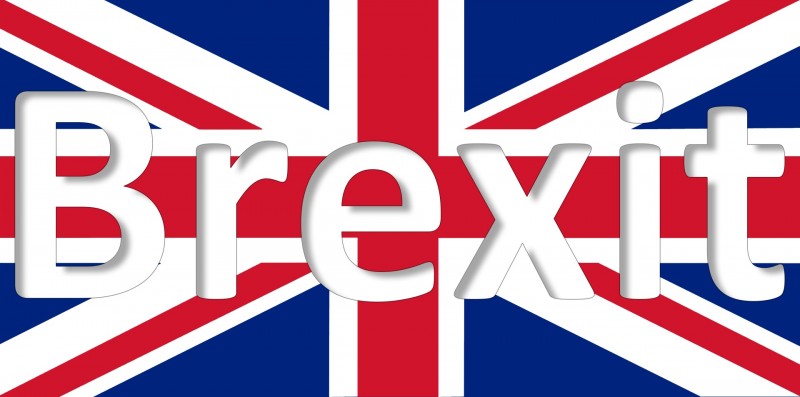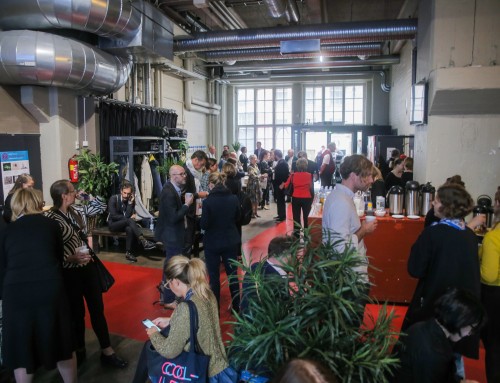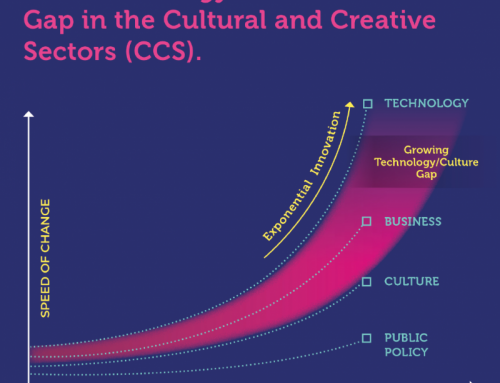Brexit will reframe the conditions of trade of goods and services as well as of mobility and EU-funding in the United Kingdom – also for the Creative Industries: What will be the impact? When? For whom? Will there only be losers or also winners?
Uncertainty is for sure the most dominant feeling most stakeholders in the creative industries experience today. The fact that UK and EU policy makers are non-debating the process and conditions of restructuring the markets before the „trigger of paragragh 50“ is not helpful to lessen this uncertainty.
But is uncertainty just a feeling or it is the real setting? How relevant is the EU market for the UK creative industries? in the field of trading goods or services? How many EU-nationals are working in the UK creative industries, which may face deteriorting working conditions, which might even be prompted to find more attractive working conditions outside UK? Will Brexit even diminish the UK nimbus of being the global hotspot for artistic talents?
The Creative Industries Federation is the institution in UK and Europe today on a fact finding mission. Its aim: „Creative Industries can´t be ignored in the Brexit deals ahead“, Harriet Finney, Deputy CEO & Policy Director at Creative Industries Federation.
While the future of creative industries post-Brexit is the strategic topic in the sector in UK, one can not find equivalent debates, researches or just even anxieties in Germany, Austria, France, Netherlands. Market leaders and policy makers in national and regional creative industries either are not aware of the interdependencies to the UK CCI or simply believe that Brexit will not really make a change? Or are artistis, creatives and culture institutions, the self announced avantgarde just unpolitical? Or just too well funded with public money to risk annoying „their governments and funders?“ The quiteness, sleepiness of the continental CCI is surprising as much as it is unresearched.
The debate „Continental Drift“ on EU-UK negotiations in the cultural sector show in Bozar on December 8 – organized by Culture Action Europe and co-produced and -financed by the European Culture Foundation – proved: The Continental CCI can not afford to be absent in the UK Brexit debate any longer. Brexit is not a national debate on the UK CCI, it is an attack on the future growth and jobs potential of the Cultural Creative Sectors in Europe as a whole – given its digital and global characters that means concretely: in every single cities in every single sector.
Wake Up Call – The Double Blues
Brexit will alter market conditions of cultural and creative services and goods in the future. However already today the societal position of the cultural and creative industries in UK is rattled. Uneasy questions arise from the fact that „96% of the UK’s cultural and creative practitioners supported the option to remain in Europe“, while around 51% of the voters decided to leave the European Union. Did the voters decide against European and culture values – like (transnational) exchange, (intercultural) openness, tolerance and inclusiveness? Why do fans, visitors or consumers of culture and creativity not support the values of their creators? It seems as if there is a (now no longer hidden) value gap of creators and their audience? How can you buy tickets of European Indie Bands, which can play in UK only because of the absence of VISA and tariffs, but vote Brexit? Has the culture and creative sector talked too much to itself?
While a scientific analysis and fact finding on the social drift of cultural and creative industries is outstanding, the following thesis are at hand:
- A larger or at least a growing part of the UK population views CCI as part of the (neoliberal?) system which at least does not help give them, if not denies them, job perspectives and personal well being. Quite an ironic setup as per definition artists and creatives view themselves as the first disrupter of any system.
- A larger or at least a growing part of the UK population can not be convinced by mind staggering facts or figures of successes of the cultural and creative sectors. They can not relate to or even share in the boom.
- Not only in UK, but throughout Europe the critic and denial of „the system“ is an undeniable broad trend – the cultural and creative sectors risk in many nations not to disrupt, but to be disrupted as part of the economic system which is not theirs, but which they meant to use to increase their political acceptance: the pure numbers of economic success. The agenda setting of the European Union is part of this one sided economic approach to promote CCI on the policy agenda.
However it is well accepted that artists in all sectors do not create to get rich, but to unleash their inner, their instrinic motivation to invent the new. Brexit will be turning point, a wake up call to the cultural and creative sectors to overcome the social drift towards society at large. Many self critical questions towards the stakeholders arise from this – in the UK and in continental Europe, that is: in the whole Europe. The European Creative Business Network will also have to re-think its priorities for the years to come – it is not accidental that the ECBN member meeting will be held in London in February 2017.
This Blog post was contributed by Bernd Fesel








Leave A Comment